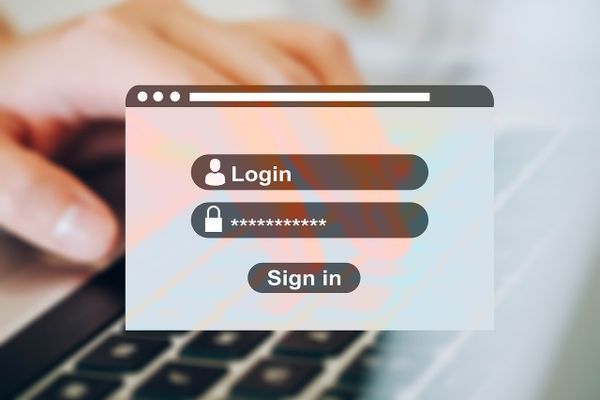66 Percent of Consumers Recycle Their Account Passwords. Do You?

As the world becomes more digitally bound and workers adapt to new business models, our cyber habits should improve considerably. Unfortunately, this hasn”t been the case. The 2020 LastPass “Psychology of Passwords” report has revealed alarming online behavior by consumers.
Password recycling should not be “a thing”
In the past 5 months, the digital landscape has been pushed to its limits, and bad actors are combing every nook and cranny for new ways to exploit careless behavior.
New data reveals 91% of consumers agree that using the same or a variation of the same password is a security risk. However, despite the intense global awareness of data breach attacks and dangers of online exposure, 66% of respondents use the same password anyway, and 53% have not changed their passwords in the last 12 months. Why? According to the study, 60% attribute their questionable practices to the fear of forgetting login credentials, while 52% percent claim they wish to have more control of all of their passwords.
Cyber Security Haze?
The report also revealed that 42% of consumers believe the information available in their online account is not “valuable enough to be worth a hacker”s time.” They couldn”t be more wrong. Scraps of information are common puzzle pieces for an attacker.
A skilled social engineer can use any information in their advantage, and, ultimately, fill in the gaps of what encompasses your digital identity – basically, users are willingly handing over the keys to their online “kingdom” to cybercriminals.
While 77% of participants say they feel informed on password best practices, 27% stated that they will write it down and 54% struggle to memorize passwords. The survey also highlights the contradictory state of consumers. If 80% are concerned with having their passwords stolen, 48% said that they would not change their password unless required.
MFA and Biometric authentication
In terms of additional layers of security, 54% of respondents use multi-factor authentication on their personal accounts and 37% use it at work. Additionally, 65% said they trust fingerprint or facial recognition more than traditional passwords, and that they would feel comfortable using fingerprints or face recognition to log in into their accounts.
The Global survey, which included 3,250 individuals from the United States, Australia, Singapore, Germany, Brazil and the UK, shows that respondents neglect good cyber hygiene even though they know better.
In recent months, we”ve been focusing on raising awareness of the risks of data breaches, and while some of us might ignore the next headline with a “so what” attitude, millions of consumers suffer the consequences of ignorance each year.
Don”t ignore any security incident, especially when it comes to your online accounts. You are not just allowing attackers to impersonate or steal your identity, but you are also exposing your friends and family to the same risks.
We know you have other fish to fry right now, but nobody planned for this global shutdown. We”re here to help you by taking care of your online presence and digital footprint. If you”re interested in finding out more about how professionals can help you protect your digital identity, click here and find out more about Bitdefender”s Digital Identity Protection tool .
Stay Safe!
tags
Author
Alina is a history buff passionate about cybersecurity and anything sci-fi, advocating Bitdefender technologies and solutions. She spends most of her time between her two feline friends and traveling.
View all postsRight now Top posts
Outpacing Cyberthreats: Bitdefender Together with Scuderia Ferrari HP in 2025
March 12, 2025
Streamjacking Scams On YouTube Leverage CS2 Pro Player Championships to Defraud Gamers
February 20, 2025
How to Identify and Protect Yourself from Gaming Laptop Scams
February 11, 2025
Your Device ‘Fingerprint’ Will Go to Advertisers Starting February 2025
December 24, 2024
FOLLOW US ON SOCIAL MEDIA
You might also like
Bookmarks







